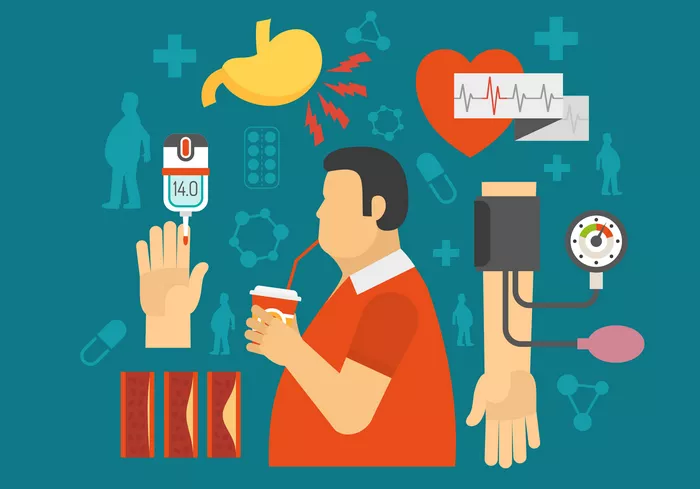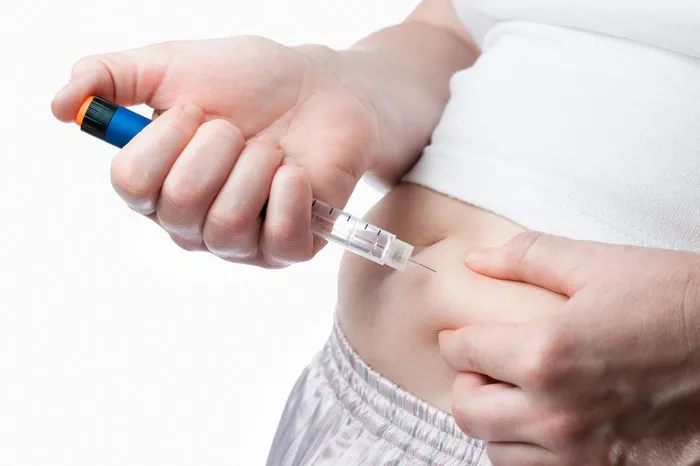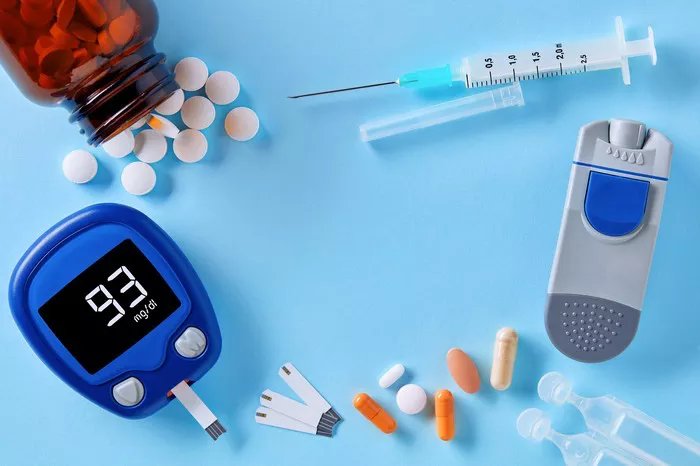Diabetes is a chronic metabolic disorder characterized by elevated blood sugar levels, either due to inadequate insulin production or the body’s inability to utilize insulin effectively. One of the critical aspects of managing diabetes is understanding and effectively managing low blood sugar levels, also known as hypoglycemia. This article aims to provide a comprehensive overview of diabetes, focusing on the definition, causes, symptoms, treatment, and prevention of low blood sugar episodes.
Normal Blood Sugar Range
Low blood sugar, or hypoglycemia, occurs when the glucose concentration in the blood drops below the normal range, typically below 70 milligrams per deciliter (mg/dL). While diabetes is commonly associated with high blood sugar levels (hyperglycemia), hypoglycemia presents a unique challenge for individuals with diabetes, particularly those on insulin or other glucose-lowering medications.
The normal range of blood sugar levels usually falls between 70 and 99 mg/dL when fasting. It’s essential to emphasize that low blood sugar levels can occur when the glucose concentration falls below this range, leading to various symptoms and potential complications if not promptly addressed.
Causes of Low Blood Sugar
Several factors can contribute to low blood sugar levels in individuals with diabetes, including:
Excessive Insulin Dosage: Diabetic patients may experience hypoglycemia if they take too much insulin relative to their current blood sugar levels or energy expenditure.
Delayed or Missed Meals: Skipping meals or delaying eating can lead to drops in blood sugar levels, especially for individuals who are on insulin or other glucose-lowering medications.
Excessive Physical Activity: Intense exercise or physical activity can deplete glucose stores in the body, leading to low blood sugar levels, particularly if not balanced with adequate carbohydrate intake.
Alcohol Consumption: Alcohol can interfere with the liver’s ability to release stored glucose into the bloodstream, leading to hypoglycemia, especially when consumed without food.
Certain Medications: Some medications, such as insulin and sulfonylureas used to treat diabetes, can cause hypoglycemia as a side effect.
Medical Conditions: Conditions such as pancreatic disorders (e.g., insulinoma) or adrenal insufficiency can disrupt the body’s ability to regulate blood sugar levels properly.
Effects and Symptoms of Low Blood Sugar
Low blood sugar can manifest through various symptoms, including:
- Shakiness
- Sweating
- Palpitations
- Confusion
- Dizziness
- Weakness
- Hunger
- Irritability
Recognizing these symptoms is crucial for individuals with diabetes to take appropriate action to raise their blood sugar levels and prevent complications.
Treatment and Management
Managing low blood sugar levels involves several strategies, including:
Consuming Fast-Acting Carbohydrates: Consuming glucose tablets, fruit juice, or candies can quickly raise blood sugar levels during an episode of hypoglycemia.
Regular Blood Sugar Monitoring: Regularly checking blood sugar levels helps individuals with diabetes anticipate and manage low blood sugar episodes.
Adjusting Insulin or Medication Dosage: Working closely with healthcare providers to adjust insulin or medication dosages can help prevent hypoglycemia.
Having a Glucagon Kit: For severe hypoglycemia, having a glucagon emergency kit can help raise blood sugar levels quickly.
Prevention Strategies
Preventing low blood sugar levels requires proactive management, including:
Monitor Blood Sugar Levels Regularly: Regular monitoring helps individuals with diabetes maintain stable blood sugar levels.
Eat Regular, Balanced Meals and Snacks: Eating consistent meals and snacks with a balance of carbohydrates, proteins, and fats can help prevent blood sugar fluctuations.
Adjust Insulin or Medication Dosage: Work with healthcare providers to adjust insulin or medication dosages based on individual needs, lifestyle, and activity levels.
Be Cautious with Alcohol Consumption: If drinking alcohol, it’s essential to consume it with food and monitor blood sugar levels closely.
Conclusion
Managing diabetes involves not only controlling high blood sugar levels but also preventing and managing episodes of low blood sugar. By understanding the causes, symptoms, treatment, and prevention strategies for hypoglycemia, individuals with diabetes can maintain optimal blood sugar control and lead healthy, fulfilling lives. It’s essential to consult with healthcare professionals for personalized advice and guidance tailored to individual needs and circumstances.
Related Topics:
Do Any Smart Watches Measure Blood Sugar?
Plasma Glucose vs Blood Glucose: What is the Difference?
Do You Know The Difference Between Blood Glucose & Blood Sugar?
























